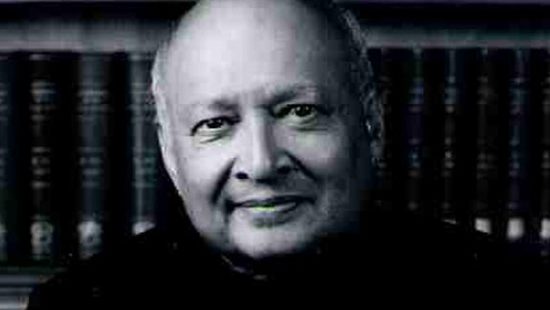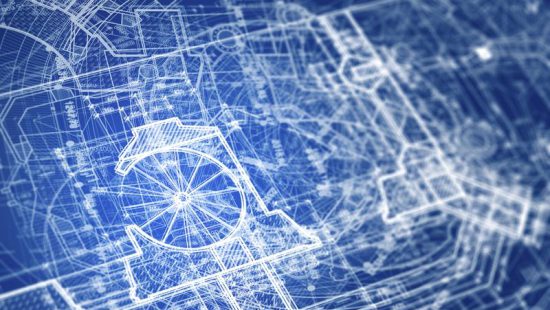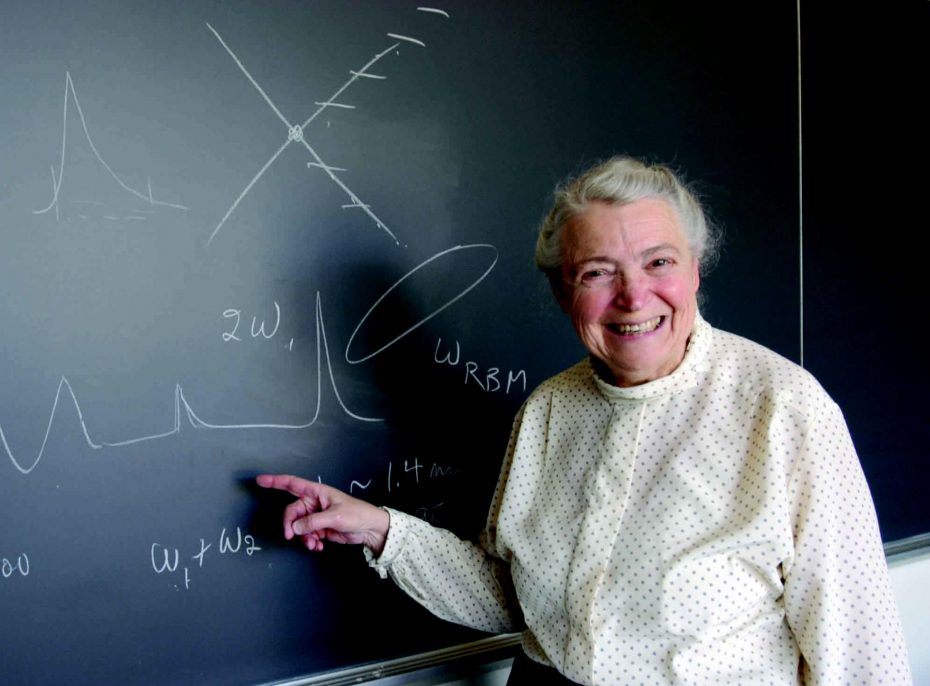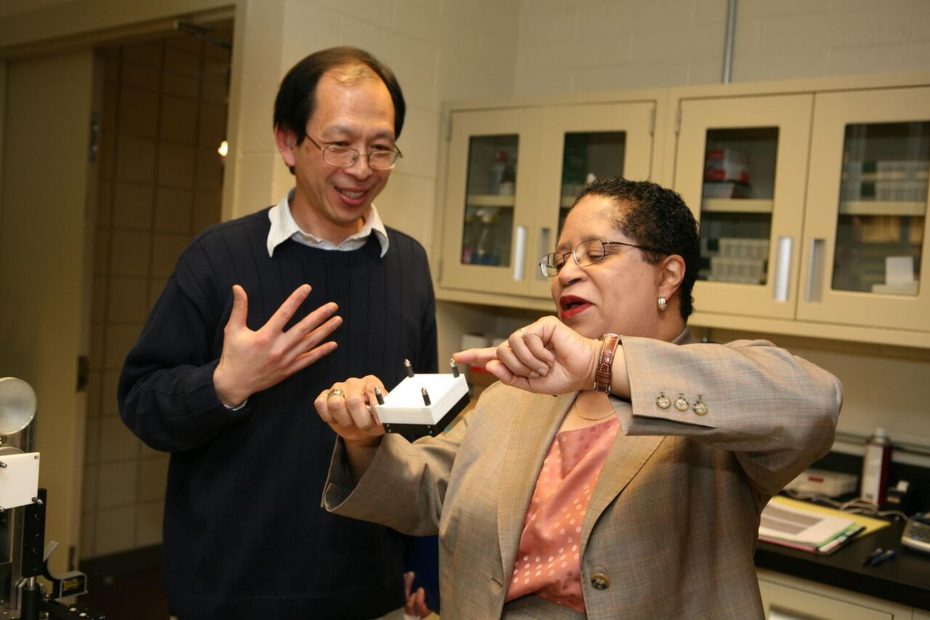Luna B. Leopold trained as an engineer, meteorologist and geologist before combining the fields to embark on his principal work on rivers as a hydrologist—inheriting his father Aldo Leopold’s passion for conservation and the environment.
As a hydraulic engineer for the USGS, Leopold’s studies of American rivers provided new insights into their depth, velocity and movement patterns that proved to be fundamental to all rivers. Prior to Leopold’s research, it was widely believed that rivers slowed as they reached their end and met the sea. Leopold and his colleagues were able to prove that the reverse was true.
Findings from the study, known as the Leopold report, heightened public awareness about the fragility of many ecosystems, including the Everglades. Leopold recognized the fundamental value of science in making smart decisions about water resources and laid the groundwork for modern water science and water safety. His legacy continues today at USGS, as scientists continue to monitor, quantify, and study our water resources across the planet, and understand the ways in which human actions affect waterways.
By Jen Santisi






